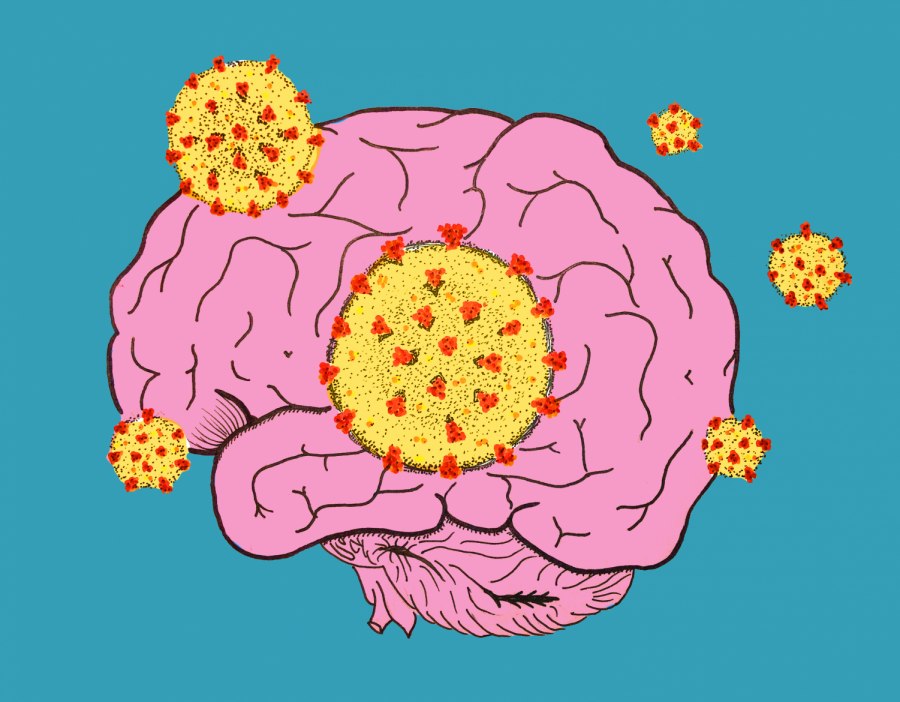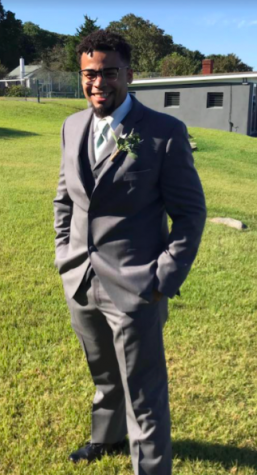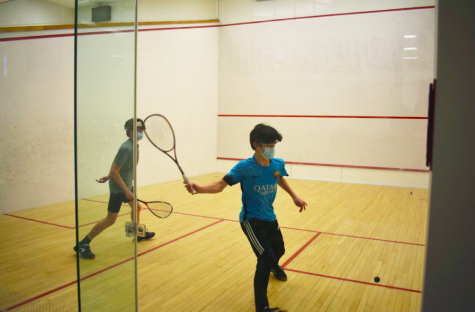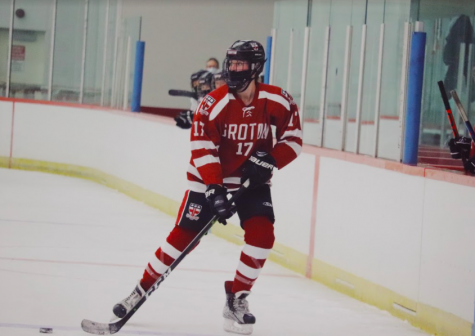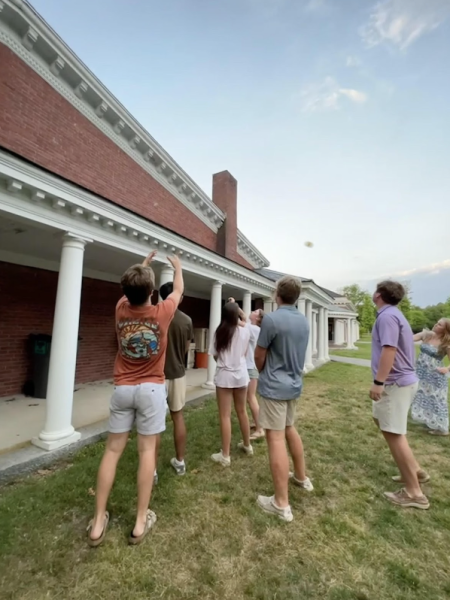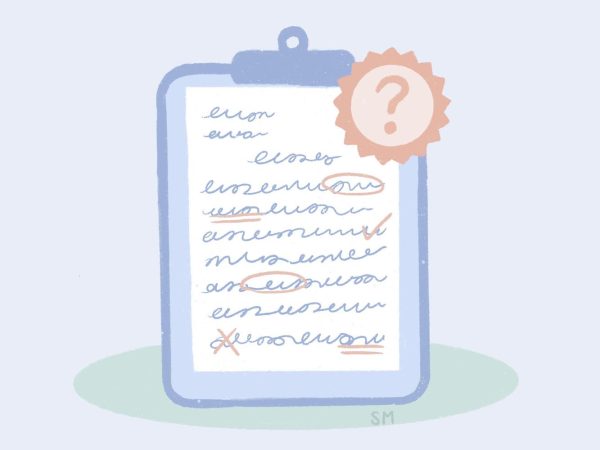Coping in a Crisis
“Fall term was like the thunderstorm of thunderstorms: occasionally terrifying, pretty destructive, but sometimes fun to play in,” said Caroline Drapeau ’21, when asked to describe her experiences.
For one student, the low hit during a panic attack in the music wing bathroom as they thought about the prospect of three and a half more weeks of the same work and same rules with no break. For another, it came during a meeting with an adult on campus when they realized they were expected to go on as normal, as if Covid-19 didn’t exist, as if they had not lost anything, as if the workload could be tolerated the same. For everyone, the term was a challenge they did their best to meet.
The counselors on the frontline noticed the change too and had some reasons for why this term was different. “With the baseline of uncertainty higher than normal it makes sense that students had a more difficult time managing the normal stressors of being a student. The coping skills they used to manage in the past weren’t sufficient for the current situation, so students sought us out more,” explains Dr. Fritz-Ellis. “We are all trying to do business as usual and business is not usual.”
“We saw a lot of students who were not new to Groton, who knew the normal and had a hard time adjusting to the not normal, especially in the fourth and sixth forms,” says Mrs. Frantz. For confidentiality reasons, specific numbers are not available, but according to the counseling office they saw more students this year than in any other year in recent memory.
The pandemic also created other challenges in meeting the needs of the student body. Dr. Fritz-Ellis and Mrs. Frantz pointed out that connecting to people while masked is more difficult, many of the external stressors had no solution, and all the changed systems made it harder to advocate for students.
The large remote population added yet another challenge. Students not on campus were further removed from their peers. “I felt extremely isolated and lonely doing remote learning,” says Derek Hu ’21. While counselors continued sessions online, they needed to form a connection without the ability to meet in person.
Some changes were positive. More people used the counseling office in a casual capacity. Ms. Poucel successfully converted third form Health Education into a hybrid format where students would listen to a presentation via zoom then discuss in their peer counseling groups in individual classrooms. Peer counselors noted this allowed more personal connections. Counselors also received more requests for consultation from advisors and dorm heads, enabling greater integration of services.
Throughout it all, Dr. Fritz-Ellis observed that students maintained a sense of gratitude. “Students were happy school started again and this stayed even as stress ramped up and reality set in.”
With fall behind us, however, attention now turns to the winter term. One adjustment that Dr. Fritz-Ellis and Mrs. Frantz believe may strengthen the support available to students is addressing mental health proactively. Mental health during a pandemic will, in one way or another, be a shared issue in for everyone. Naming it and facing it collectively may help.
“Mental health is not a negative issue,” says Mrs. Frantz, “we all have stressors. Addressing the school’s mental health needs as a community means the individual burden of any one student goes down.”
According to Dr. Fritz-Ellis, the pandemic provides an opportunity to change how we view mental health on campus. “If we normalize mental health by admitting it is an issue during the pandemic then we can figure out together how to meet the needs of the school community,” says Dr. Fritz-Ellis. “Let’s seize the opportunity. Shift the paradigm from ‘that person’s got issues’ to ‘we all have issues and we all need help every now and then.’”
In the meantime, students on campus should know they are not alone. There are three clinicians and two interns available throughout the day on a staggered schedule to include all timezones. In-person students are also encouraged to come by the office casually to vent, grab some hot chocolate, or pet Betty, Mrs. Frantz’s dog. You do not need an appointment to stop by. Peer counselors are available too, in the dorm or by email or text. Finally, extensive resources can also be found on the Wellness page of myGroton.
“We are available and we are human. We care, we get it, and we really, really want to help,” says Dr. Fritz-Ellis.


